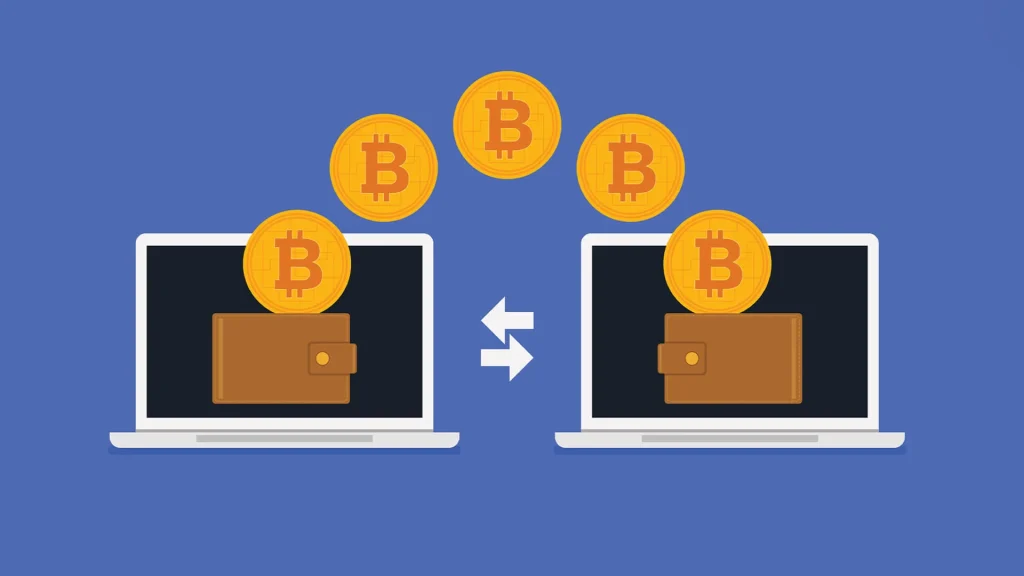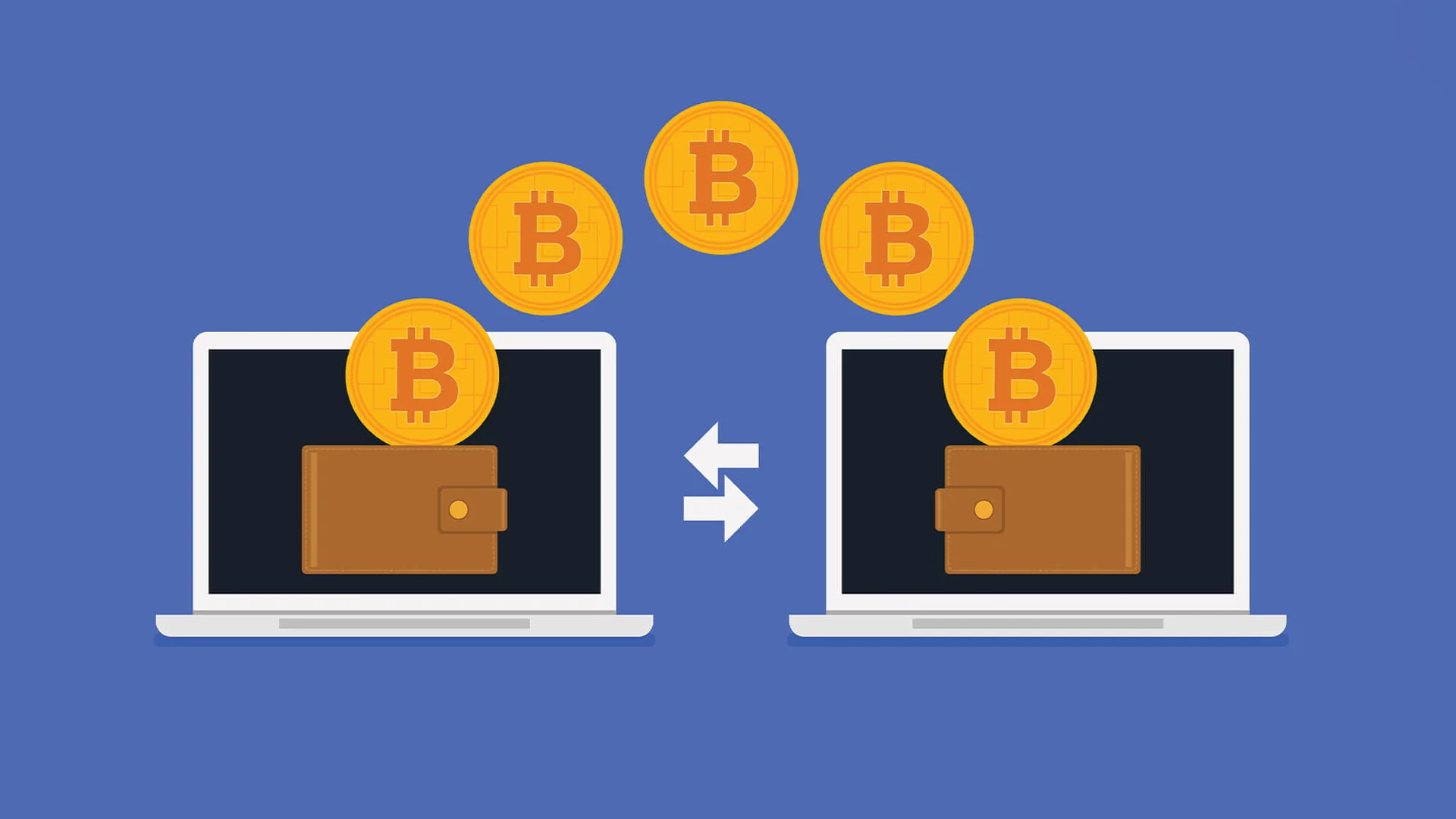
The allure of Bitcoin has often been tied to the perception of anonymity, but the reality is that Bitcoin’s blockchain offers a level of traceability that challenges this notion. Let’s dive deep into the world of Bitcoin and dispel the myth of anonymity by understanding the intricacies of its traceability.
Bitcoin and the Blockchain: A Public Affair
Bitcoin operates on a blockchain, a public ledger that records all transactions transparently. This means that every Bitcoin transaction ever made is permanently inscribed on the blockchain, accessible to anyone with internet access. The transparency of the blockchain is what makes Bitcoin’s network trustworthy, but it also makes every transaction traceable.
Pseudonymity: Not Quite Anonymity
Bitcoin users transact under pseudonyms represented by strings of numbers and letters known as addresses. While these addresses do not directly reveal the user’s identity, they can be traced to individuals through patterns of usage, transactions, and exchanges where KYC processes provide real-world identity information.
The Role of Bitcoin Exchanges in Traceability
Bitcoin exchanges have become the bridge between the cryptocurrency world and traditional finance. To comply with anti-money laundering laws, most exchanges conduct KYC checks, creating a link between Bitcoin addresses and real-world identities. This makes the transactions involving these addresses far more traceable.
Law Enforcement’s Growing Expertise
Contrary to popular belief, Bitcoin’s blockchain has aided law enforcement in tracking down illicit activities. Agencies have developed sophisticated tools and methods to analyze the blockchain, trace Bitcoin transactions, and link them to criminal activities, effectively busting the myth of Bitcoin’s anonymity.
Mixing Services: A Cloak of Privacy?
Mixing services, also known as tumblers, promise to obfuscate the trail of Bitcoin transactions, enhancing privacy. However, these services are not foolproof. Advanced blockchain analysis techniques can often unravel the path of mixed coins, and the services themselves may be subject to legal scrutiny.
The Evolving Landscape of Bitcoin Privacy
Privacy-centric features and cryptocurrencies are evolving to enhance transaction privacy within the blockchain ecosystem. Features like Confidential Transactions and privacy-focused coins like Monero and Zcash offer alternatives for users seeking greater anonymity.
Regulatory Implications of Traceable Transactions
The traceability of Bitcoin transactions has regulatory implications. As regulators seek to prevent money laundering and terrorist financing, the transparency of Bitcoin’s blockchain could be seen as an advantage. However, this also raises concerns about privacy and the balance between security and individual rights.
Bitcoin’s Traceability: A Tool for Transparency
In the end, Bitcoin’s traceability should be viewed as a feature rather than a flaw. It provides transparency that’s rare in the financial world, giving users and observers the ability to verify transactions independently. This level of transparency is what gives Bitcoin its integrity and sets it apart from traditional financial systems.
Advanced Blockchain Forensics
As blockchain technology matures, so do the techniques for forensic analysis. Specialists can now track and analyze Bitcoin transactions with increasing precision, identifying patterns that could indicate fraudulent activity. These advancements in blockchain forensics are making Bitcoin’s network more secure and transparent, but they also highlight the fact that Bitcoin offers traceability rather than true anonymity.
The Impact on Bitcoin’s Market Dynamics
Understanding the traceability of Bitcoin is essential for investors and users alike. It influences market dynamics, as the perceived privacy of Bitcoin transactions can affect its value and adoption rate. As users become more informed about the traceability of their transactions, they may adjust their investment strategies or seek out additional privacy measures.
Educating the Bitcoin Community
Education plays a critical role in dispelling myths about Bitcoin’s anonymity. Users need to be aware of the traceability inherent in the blockchain to make informed decisions about their transactions and privacy. As the Bitcoin community grows, this knowledge becomes increasingly important to ensure that users’ expectations align with the reality of Bitcoin’s capabilities.
Conclusion
The traceability of Bitcoin is a testament to the strength and transparency of the blockchain. While it may challenge the myth of anonymity, it also reinforces the system’s integrity and the accountability it brings to financial transactions. As we look to the future, understanding and embracing Bitcoin’s traceability will be crucial for the cryptocurrency’s continued evolution and success.



